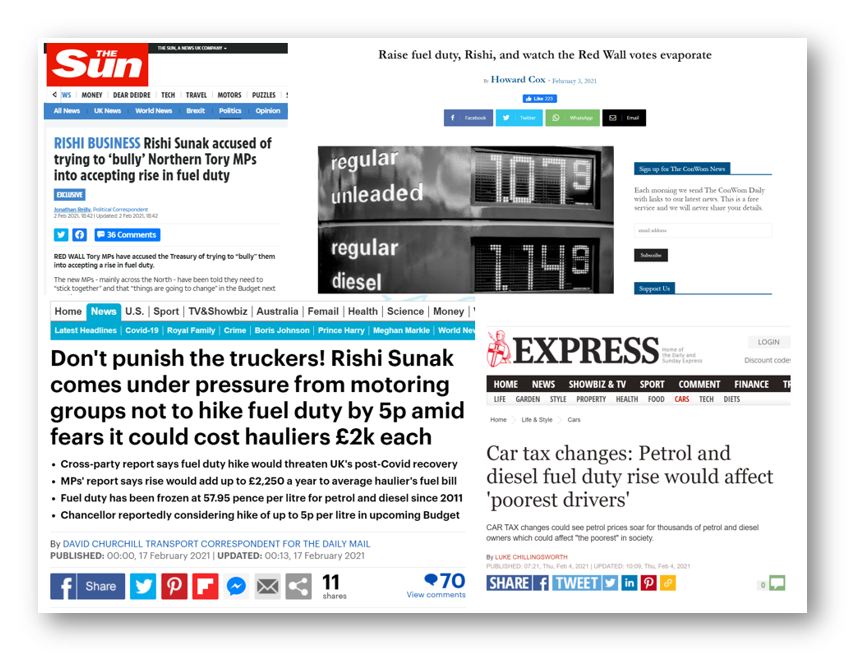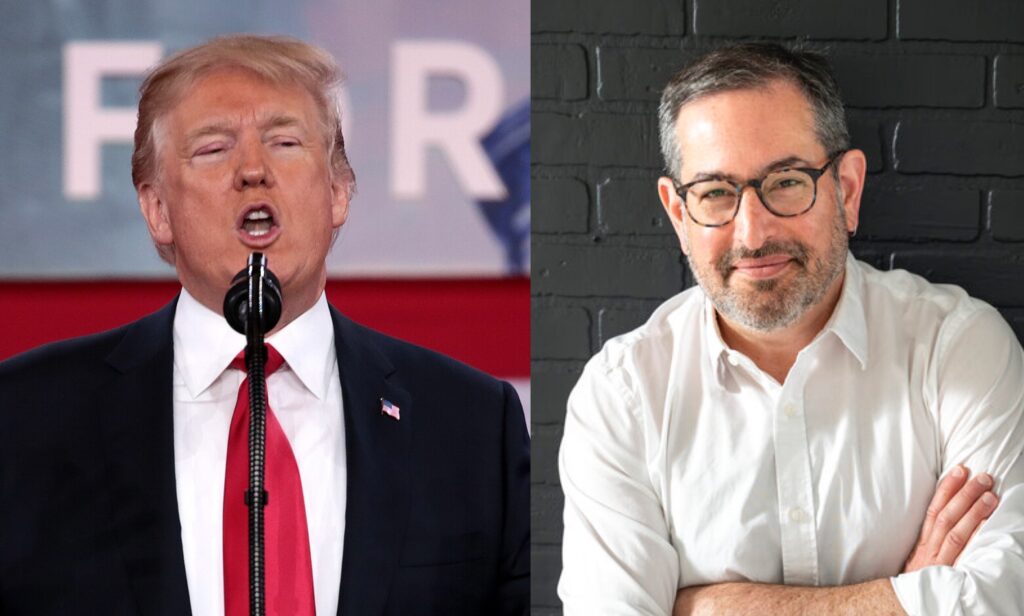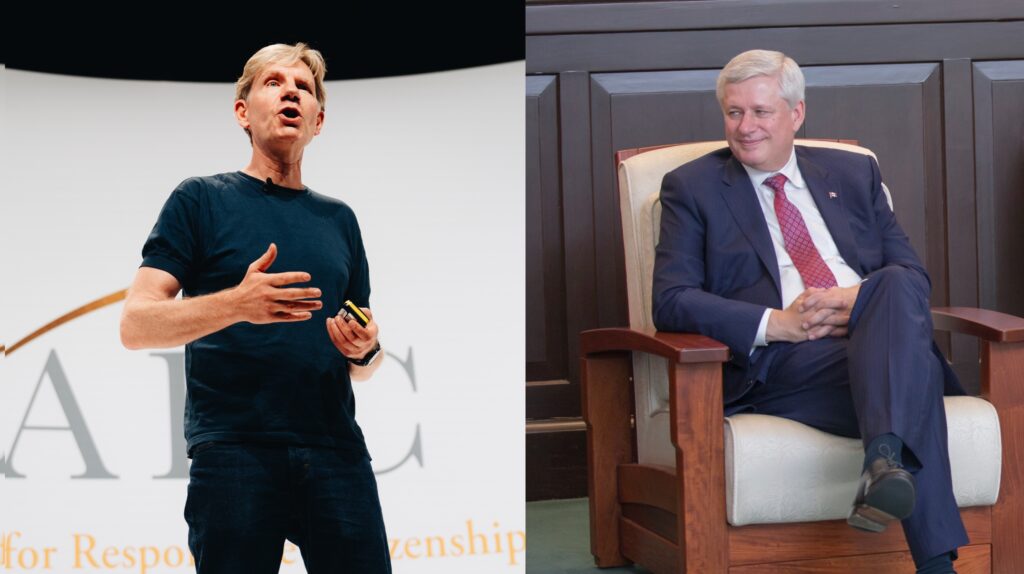If the Budget means one thing above all else for the road transport lobby, it’s fuel duty. And recent years have shown it knows exactly which pressure points to push to get its way, with the sector having successfully fought off any increase to the tax on petrol and diesel for more than a decade now.
That has big implications for the UK’s progress on tackling climate change, if estimates are correct. According to analysis by Carbon Brief, the policy has led to road transport emissions being as much as 16 percent higher (or 5 percent across the whole economy) than they would have been, had the last Labour government’s fuel duty “escalator”, which upped the levy by slightly more than inflation each year, been maintained.
For a while, there were signs the Spring Budget was going to put that real-terms tax cut to an end, as the government looks for ways to plug holes in the public finances caused by record levels of pandemic-induced borrowing.
Treasury sources say this is no longer on the cards, briefing reporters that Downing Street is concerned about placing extra pressure on drivers more reliant on their vehicles than usual and hesitant to take public transport.
Whether or not that’s ultimately what triggered the change of heart, the growing chorus of voices warning the Chancellor against ending the freeze as Budget day will have at least played a part.
After murmurings in January, the steady drumbeat began in earnest with an article in The Sun quoting unnamed Conservative MPs from former “Red Wall” seats who claimed they were being bullied by Rishi Sunak into accepting the fuel duty rise. That followed hot on the heels of a Sunday report in The Telegraph suggesting that, in fact, a number of senior Red Wall Tories would be able to stomach the increase, including one “influential northern Tory” who believed the UK’s increasingly ambitious climate targets and hosting of the COP26 climate summit later in the year meant the freeze was no longer sustainable.
‘Ill-informed green agenda’
The “Red Wall” talking point was taken up the next day by Howard Cox, co-founder of the anti-fuel duty group Fair Fuel UK, who wrote a column arguing the move would cost the Conservatives these ex-Labour seats at the next election and was being “hidden behind a virtue-signalling, disingenuous, ill-informed green agenda”. Writing on the Conservative Woman blog, which regularly gives a platform to commentators dismissing mainstream climate science, Cox claimed his campaign was based on “coherent independent economic evidence” produced by the Centre for Economics and Business Research (CEBR), an economics consultancy, whose founder happens to be a supporter of the group.
The same day, the RAC released new data on petrol and diesel prices at the pump, using the opportunity to warn the Treasury against increasing fuel duty. A spokesman for the breakdown cover provider left no one in any doubt about the company’s opposition: “Eyes will now be on the Chancellor who will face a difficult decision at his Budget next month as to whether to pile further misery on drivers by raising fuel duty at a time when pump prices are on the rise and many household incomes are being squeezed as a result of the pandemic.” That was despite both fuels being 7p a litre cheaper than a year ago.
The next day, it was the turn of Conservative MPs Craig Mackinlay and Robert Halfon, long-time backers of the Fair Fuel campaign, who told the Daily Express a rise in fuel duty would be regressive, despite the lowest-income households being least likely to own a car and travelling significantly fewer miles on average than wealthier households, according to official statistics.
Like what you’re reading? Support our work by becoming a patron today!
Two days later on 6 February, both the Petrol Retailers Association (PRA) and the Institute of Economic Affairs (IEA) took aim at the rumoured increase, again in the Express. Brian Madderson, Chairman of the PRA, which represents petrol stations, argued it would “curtail economic activity” and “disproportionately impact key workers”. Dr Richard Wellings from the IEA, a free-market thinktank that was revealed in 2018 to have received donations from oil giant BP every year since 1967, called fuel duty a “tax on business, trade and jobs, so raising it will damage the UK economy at a time when a strong recovery is desperately needed”.
On the 8th, the main trade body for the logistics sector wrote to Sunak, similarly pointing to the pandemic as a reason not to increase fuel duty, which its Chief Executive said would be a “direct tax on our industry as it commits to deliver for Britain”. Logistics UK, whose members include supermarkets such as Sainsbury’s, Asda and Waitrose, has been a funder of the Fair Fuel campaign since its inception and been a fierce critic of proposed Clean Air Zones across the UK.
‘Hammer blow to the North’
Two days later, the RAC was again quoted, this time in the financial section of the Daily Mail, and then again two days after that in the Scotsman. Meanwhile, The Sun gave its long-running anti-fuel duty “Keep It Down” campaign another boost with an article claiming an increase would be a “hammer blow to the North”.
Five days after that, it was back to the Daily Mail to cover a new report by the All-Party Parliamentary Group on Road Freight and Logistics, which claimed that a 5p increase on fuel duty would add £2,250 to average haulier’s annual running costs. The group, funded by the Road Haulage Association, is chaired by Sir Mike Penning, a Conservative MP and former roads minister.
Penning was again quoted the following day, this time in The Sun, which ran an article pointing out that some of Sunak’s top aides at the Treasury had previously been outspoken backers of the fuel duty freeze, such as Exchequer Secretary to the Treasury Kemi Badenoch and Financial Secretary to the Treasury Jesse Norman.
Two days later, The Sun and Daily Mail both carried anti-fuel duty articles, the first a comment piece by Fair Fuel’s Howard Cox arguing the freeze had had a “fruitful outcome of adding to GDP growth, lowering inflation, and helping to raise employment”. The Mail article, by contrast, was given over to the AA and RAC, who were quoted criticising the proposed rise.
By 21 February, Fair Fuel was calling for its supporters to email their MPs about the issue and by the 23rd, 26 Tory MPs had written to Sunak hoping to dissuade him, half as many as did so last year.
Two days later, the AA, RAC and Fair Fuel were all quoted attacking the increase in an article on the introduction of “E10” blended fuel in The Sun, which Cox said was proof that the fuel duty hike was no longer justified.
And the day after that, Fair Fuel and The Sun published a survey which found 70 percent of drivers said it was “critical” for them to use their vehicle every day, quickly followed on 1 March by an RAC poll, also reported by The Sun, showing nearly two thirds of drivers want to see fuel duty frozen or reduced.
All of which leaves the UK very likely to be ushering in its eleventh consecutive fuel duty freeze, a policy which has cost the government (or saved drivers, depending on which way you look at it) anywhere between £50 and £100 billion during that time. It remains to be seen whether that will change in the autumn, as has been rumoured.
Subscribe to our newsletter
Stay up to date with DeSmog news and alerts







